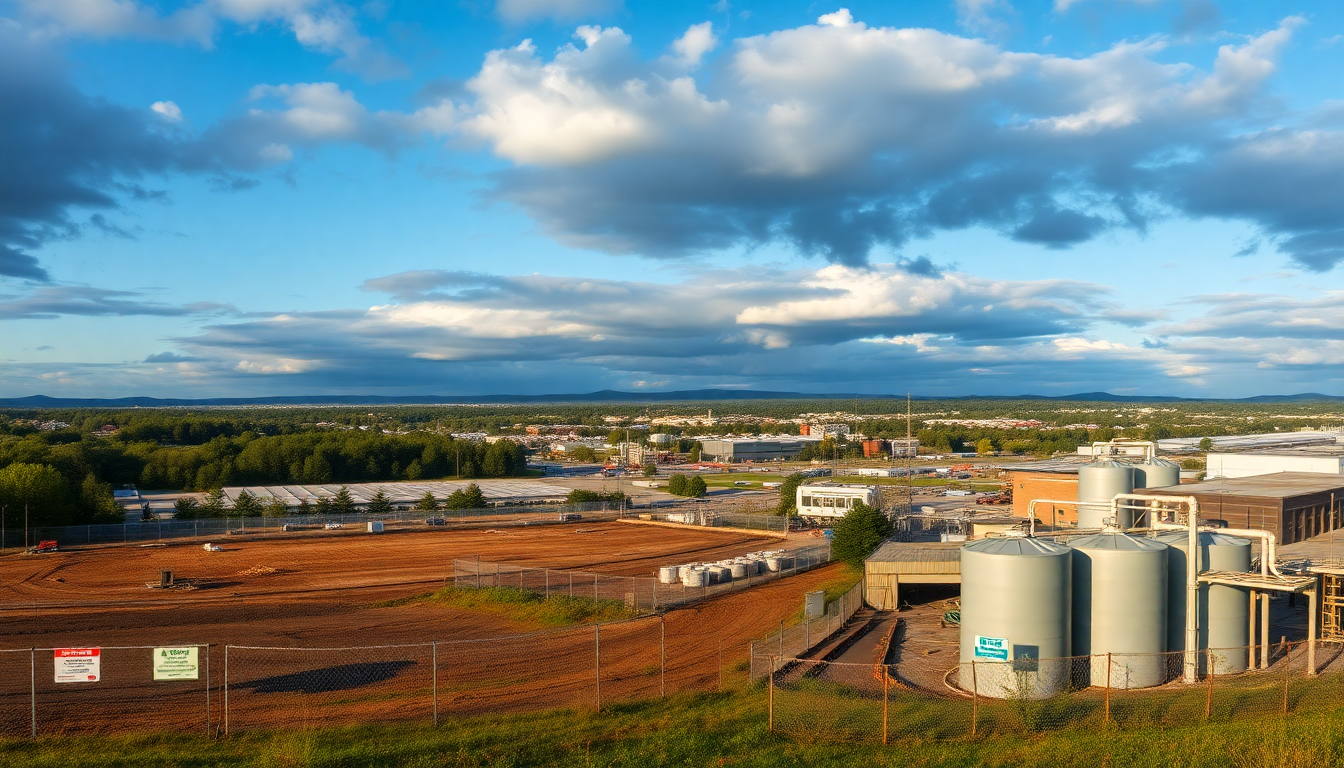Table of Contents
The recent plans by Zhong Shanshan, known as China’s richest person, to set up a beverage plant in Nashua, New Hampshire, have stirred quite a buzz among locals. With a staggering net worth of around $64 billion, Zhong’s proposal to tap into the city’s surplus water for his operations has raised eyebrows about how resources are managed and the implications of foreign investment in local industries. As conversations unfold, it’s worth diving deeper into what this development could mean for the community.
Background of the Proposal
Back in January, NF North America, a subsidiary of Zhong’s beverage company Nongfu Spring, snagged a 9.3-hectare (23-acre) industrial site in Nashua, a space that had been sitting idle for nearly 11 years. At first, this acquisition flew under the radar until May, when it became clear that the company planned to build a beverage manufacturing facility. The plan to source surplus water from the city has caught the attention—and concern—of local residents. The idea of a foreign billionaire utilizing local resources has created a mix of curiosity and worry among the community.
Historically, large investments from Chinese firms in the U.S. have been met with a range of reactions, especially given the current geopolitical climate. There’s been an increase in scrutiny regarding foreign ownership of essential resources, and local media has reported on the unease, with headlines framing this situation as a potential threat to New Hampshire’s water supply.
Community Reactions and Concerns
The response from the community has been one of skepticism, with many expressing concerns about the implications of foreign ownership over local water supplies. Residents have voiced their worries about the sustainability of this vital resource and the potential environmental impact of such a facility. Local officials are also weighing the economic benefits against the risks that come with this investment.
On one hand, some community members argue that this economic influx could create jobs and boost growth in the region. But on the flip side, others caution that prioritizing immediate economic gains could come at the expense of long-term resource sustainability. As discussions continue, it’s crucial for local leaders to foster transparent dialogues with residents and stakeholders to ensure these concerns are addressed.
Potential Outcomes and Future Considerations
As things evolve, the future of Zhong Shanshan’s beverage plant proposal hangs in the balance. The big question is how local authorities will strike a balance between welcoming investment and safeguarding the community’s resources. This situation reflects a broader trend of scrutinizing foreign investments, particularly in sectors that are vital for sustainability and public welfare.
Looking ahead, Nashua’s leaders will need to assess the potential impacts of this development—not just on the local economy but on the overall well-being of the community. Engaging with experts in environmental sustainability, urban planning, and economic development will be key to making informed decisions that truly reflect the values and priorities of the people of Nashua.


